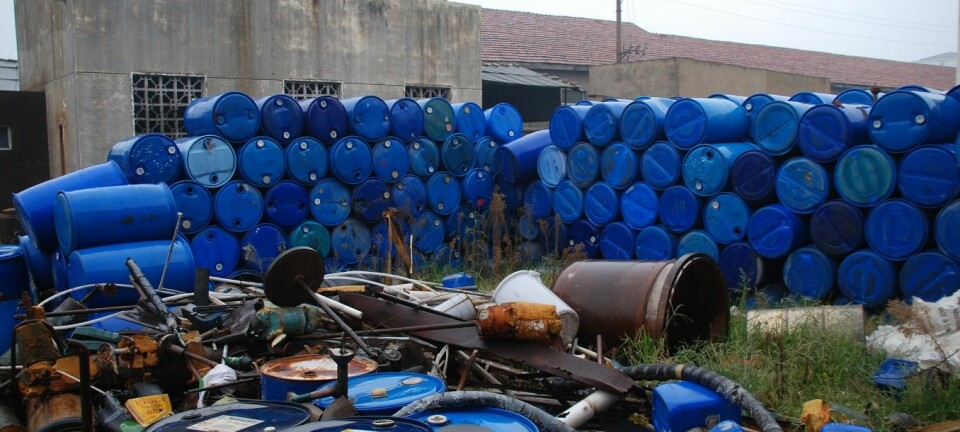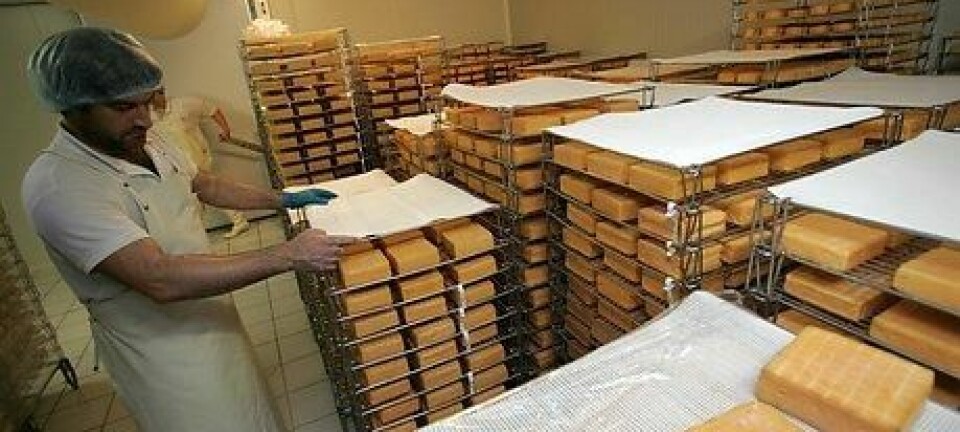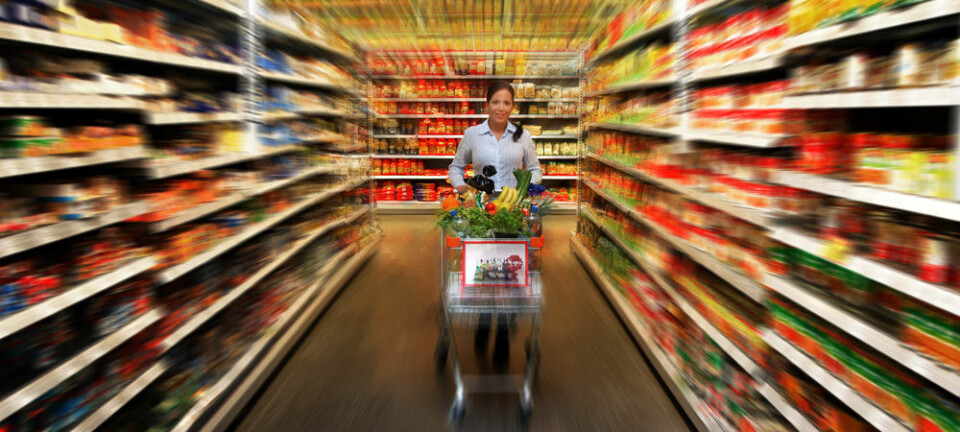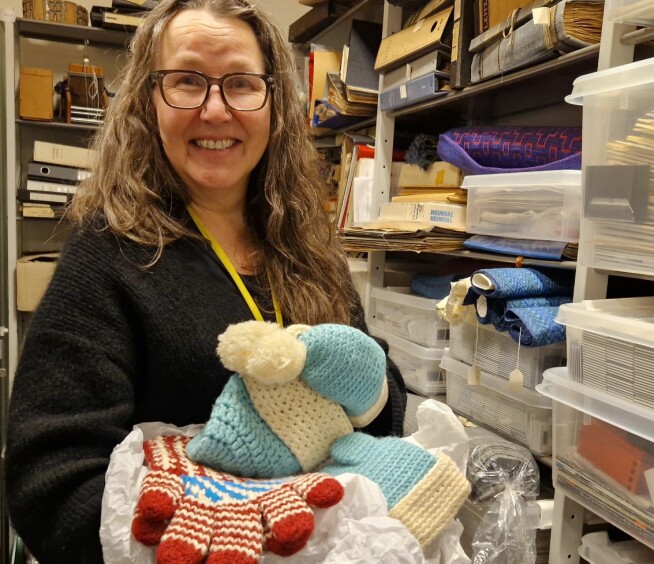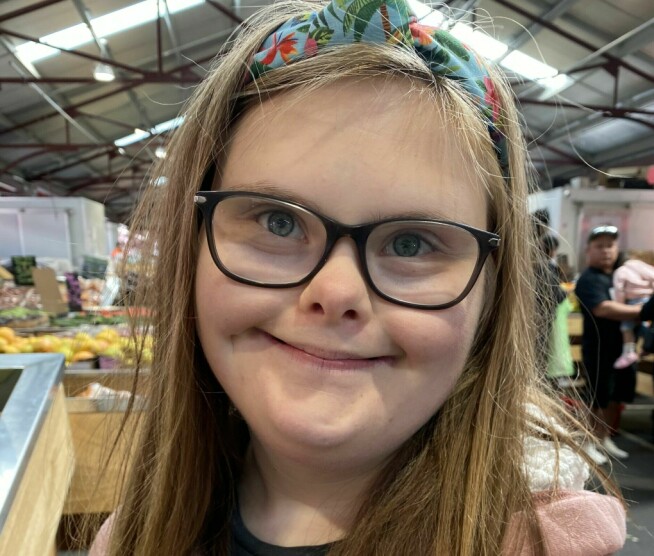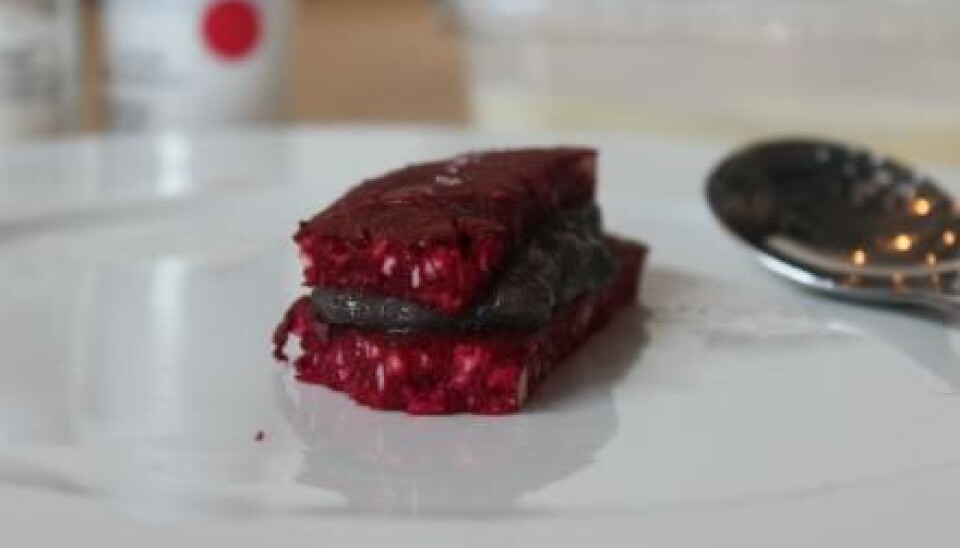
Powder food could be end of food waste
To combat food waste, scientists are envisioning a future where food is created by mixing powder with water.
Imagine you want to invite some friends over for a tender, barbequed steak - but instead of buying the meat at a butcher's you mix it in a bowl in your kitchen.
That could very well be the kitchen of the future, if you ask French chemist Hervé This, one of the founding fathers of molecular gastronomy. He recently visited the Hotel and Restaurant School in the Copenhagen suburb of Valby where he spoke of his new food concept: Note by Note Cuisine.
In brief, Note by Note Cuisine is a concept where various molecules in food are made chemically and then utilised for cooking; for an example the molecules that makes chilli hot. Want a burning sensation in your mouth? Just add that molecule to the bowl.
"Cooking will be much easier because you won't need to store carrots and eggs, which can go bad over time," says This, who -- when he’s not busy in the kitchen -- is a chemist at the French National Institute for Agricultural Research (INRA), part of AgroParis Tech in Paris. "You'll have powders and fluids and they'll replace the aromas, colours, tastes, and so on. By doing so we can avoid wasting food."
Many foods are already artificial
Molecular gastronomy sounds rather advanced, but it is already found in many homes: bitter almond oil, which is commonly employed to confer almond flavour to e.g. a dressing, is made chemically using molecules that give the dressing the aroma and taste of almonds.
"We know that there are certain molecules in food that give it its taste, aroma, colour, and texture," says Karl Anker Jørgensen, a professor at Aarhus University's Department of Chemistry who says it wouldn’t be impossible to make a potato chemically because we know what molecules a natural potato is made of.
Chemical food will cut food waste
This also visited Aarhus University where he and seven prominent chefs along seven chemistry undergraduates made molecular food based on Note by Note Cuisine.
According to This, it is not only the chefs who will benefit from Note by Note Cuisine: his dream is that it can also stop the enormous food waste in the world.
"My dream is that we can avoid wasting food in all countries," he says. "We waste 40% of our food in industrialised countries. That's almost half of the food we produce every year. Imagine that molecular gastronomy will allow us to buy chemical components for cooking - and nothing will go to waste!"
--------
Read the full story in Danish on Videnskab.dk
Translated by: Michael de Laine
